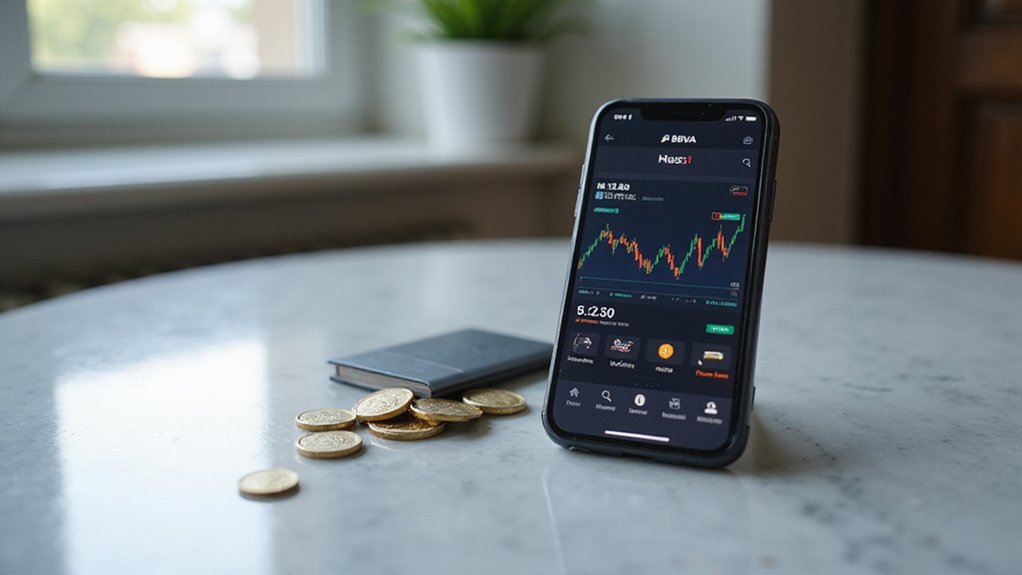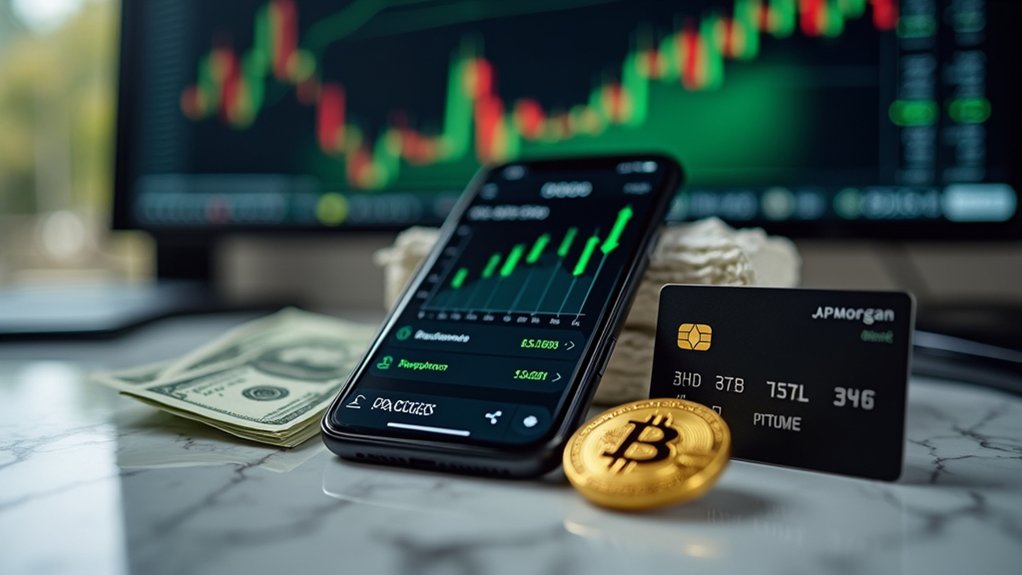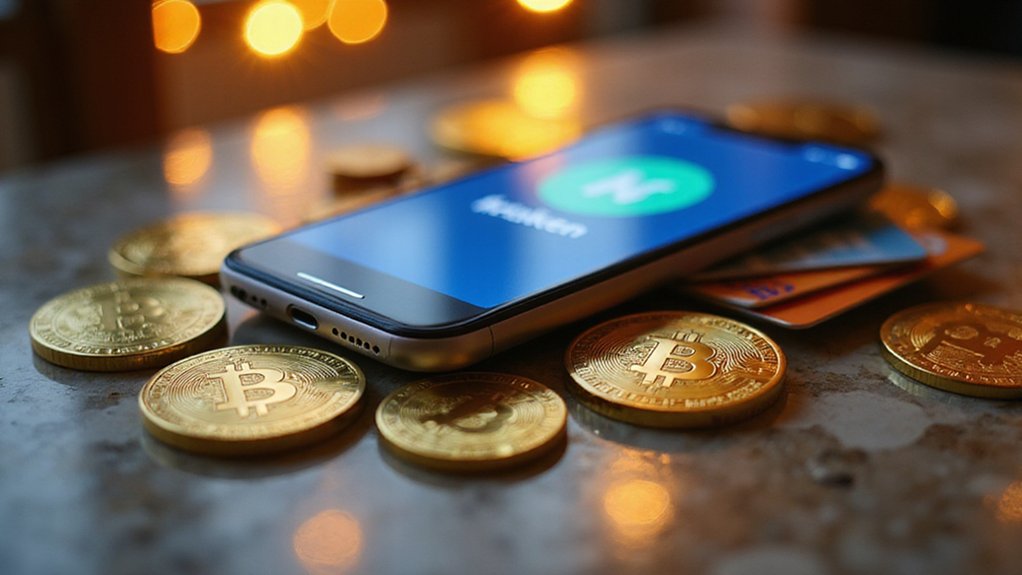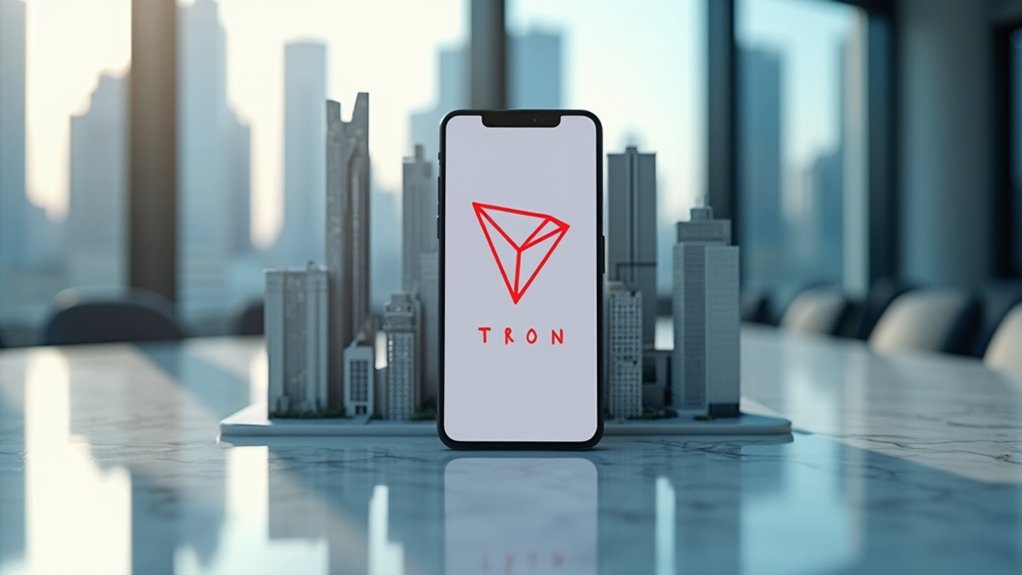While the financial world has grown accustomed to Dubai’s penchant for superlatives—tallest building, largest mall, most ambitious real estate projects that occasionally defy both gravity and economic logic—the emirate’s latest milestone carries considerably more substance than spectacle.
The Dubai Financial Services Authority has approved the QCD Money Market Fund (QCDT), marking the first tokenized money market fund in the Dubai International Financial Centre and positioning the emirate at the intersection of traditional finance and blockchain innovation.
The collaboration between Qatar National Bank and blockchain fintech DMZ Finance represents a strategic marriage of banking expertise and digital infrastructure. Qatar National Bank handles investment strategy and asset origination, while DMZ Finance provides the blockchain architecture necessary for tokenization—a division of labor that acknowledges both institutions’ core competencies without venturing into unfamiliar territory.
Tokenized money market funds digitize real-world asset investments on blockchain platforms, offering enhanced liquidity and transparency through programmable compliance mechanisms. These smart contract-embedded systems enable automated regulatory adherence, while atomic swaps between tokenized assets and regulated stablecoins facilitate seamless transactions.
The technology supports fractional ownership, potentially expanding investor access across jurisdictions—assuming regulators maintain their current enthusiasm for digital asset innovation.
The timing appears fortuitous, considering global money market funds hold approximately $7 trillion in assets under management as of May 2025. QCDT’s tokenization approach may disrupt traditional MMF structures by improving efficiency and accessibility, attracting both retail and institutional investors through streamlined digital platforms. This positions Dubai alongside competing jurisdictions, though the UAE’s simple rules with selective authorizations provide clearer pathways for blockchain innovation compared to more complex regulatory frameworks elsewhere.
Whether this represents genuine market evolution or merely technological sophistication applied to fundamentally unchanged investment vehicles remains to be observed.
The fund utilizes Tokeny’s ERC-3643 standard for compliant tokenization, ensuring regulatory control while enabling real-time enforcement of compliance and investor eligibility rules. Cross-chain delivery-versus-payment solutions enhance interoperability between tokenized assets and stablecoins, supporting institutional-grade scalability and security.
Dubai’s regulatory openness to digital assets within traditional financial frameworks positions the emirate as a key fintech hub, targeting a share of the global liquidity pool through innovation rather than speculation. Unlike traditional stock markets that operate with fixed hours, crypto assets within these tokenized funds operate through blockchain networks that function continuously, potentially offering round-the-clock trading capabilities.
The UAE’s supportive regulatory environment, including DFSA’s active promotion of digital asset innovation, suggests this milestone represents broader strategic positioning rather than isolated experimentation.









